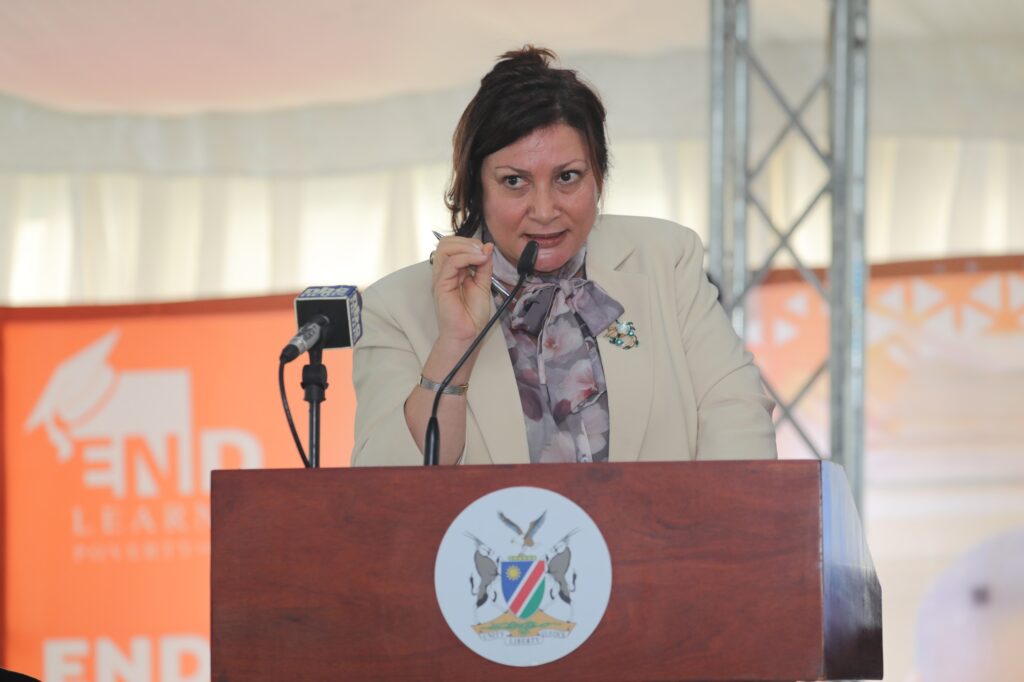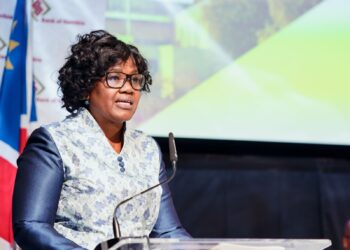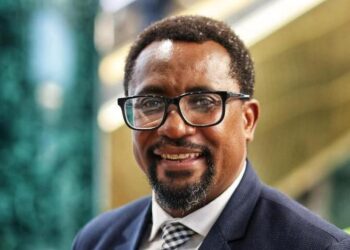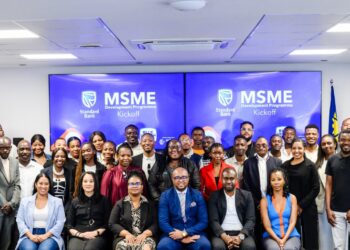
Minister of Education, Innovation, Youth, Sport, Arts & Culture Sanet Steenkamp has sounded the alarm over national learning outcomes, revealing that only 28% of Grade 3 learners passed the 40% literacy benchmark in 2024, while just 3% scored above 75%.
In numeracy, only 5% reached the 75% benchmark.
“Repetition rates, as reported by EMIS 2023, of 17.2% in Grade 1, 19% in Grade 4, and 21.9% in Grade 8, signal that many of our learners are in school but not learning effectively,” said Steenkamp.
She added that 17,152 learners dropped out of school in 2023, including 8,432 girls and 8,720 boys. Pregnancy, long distances, domestic responsibilities, and disciplinary issues were cited as key causes.
“Learning poverty is not a statistic. It is a child’s silence in the classroom, a missed opportunity, a lost voice,” said Steenkamp.
This comes as the End Learning Poverty for All in Africa (ELPAF) campaign was launched nationally on 30 July in Outjo.
It forms part of a continental effort under the African Union’s Decade of Education. Namibia joins Zambia, Malawi, Zimbabwe, and Nigeria in implementing national campaigns.
“Only 51,872 children accessed early childhood development services in 2024 out of 414,069 children aged 0 to 4. That is deeply inadequate,” said Steenkamp.
Of those in early education, only 1,102 children with disabilities are enrolled.
Formal qualification among educators remains low, with only 17% certified, and 55% of children aged 3 to 6 are not in any educational setting. This represents a significant barrier to lifelong learning, said Steenkamp.
The campaign’s interventions include expanded teacher development, digital tools like Jolly Monitor and Jolly Classroom, improved assessments, and a push for inclusive and equitable access.
It further follows commitments made during the 2022 National Conference on Education.
“We will pursue scalable, evidence-based strategies that rapidly improve foundational outcomes,” said Steenkamp.
Also speaking at the event, Sophia Ashipala, Head of the Education Division at the African Union Commission, said ELPAF is a direct response to a continental learning crisis, where 90% of 10-year-olds in Sub-Saharan Africa cannot read a simple sentence or complete a basic maths task.
“We are gathered here not just to launch a campaign, but to reaffirm a promise — a promise to ensure that no child is denied the opportunity to learn, thrive, and lead,” said Ashipala.
She welcomed Namibia’s data-driven approach to education reform, noting that this unique initiative demonstrates Namibia’s determination to build policy on the foundation of evidence, local insight, and expert knowledge.
The ELPAF campaign targets by 2030 include 150,000 children enrolled in ECD, 80% of rural constituencies with at least one functional ECD centre, and 90% of educators trained and certified.
Further targets include 75% reading fluency by Grade 2, 75% writing proficiency by Grade 3, and the full national rollout of structured numeracy and literacy programmes.











